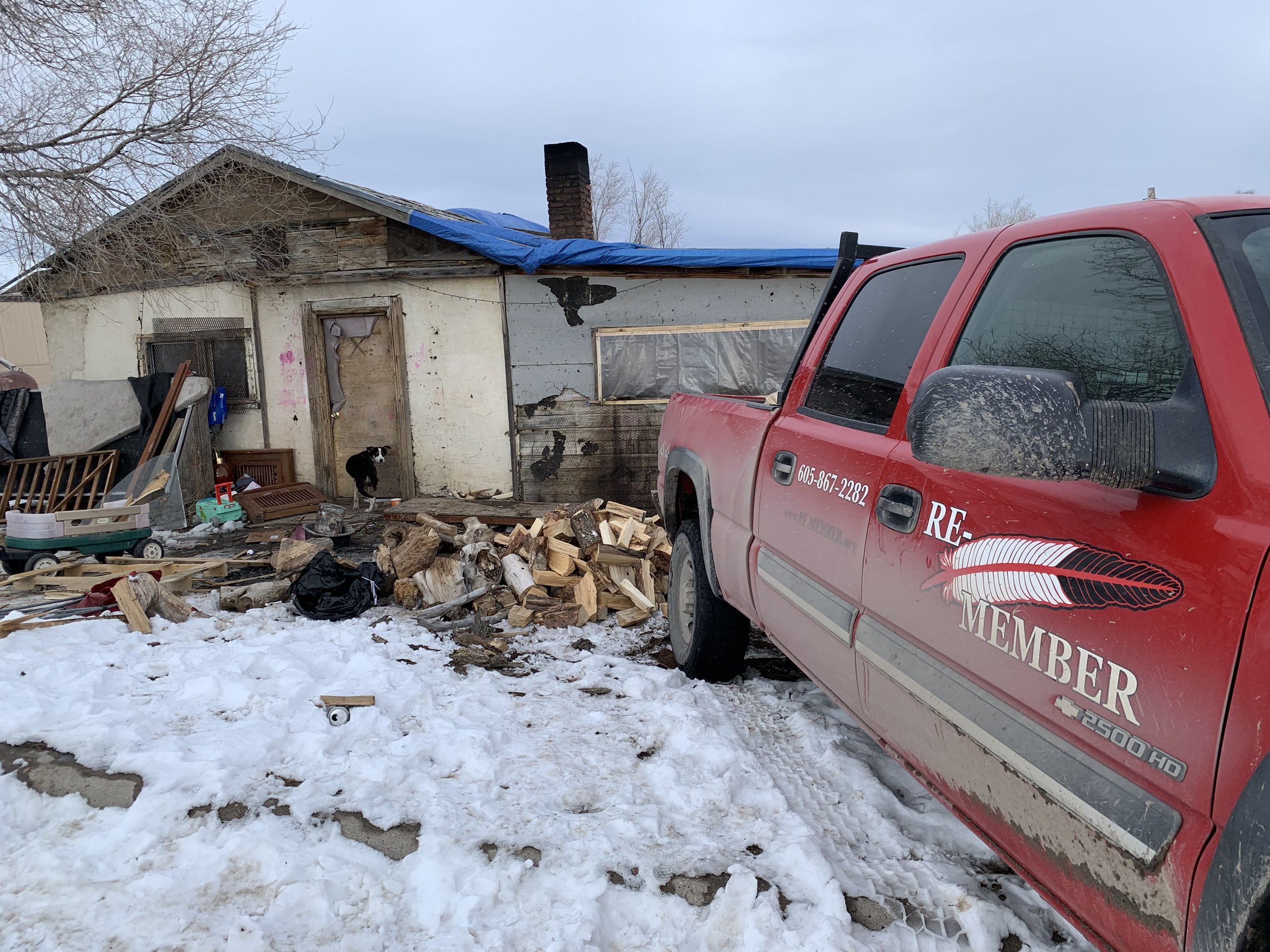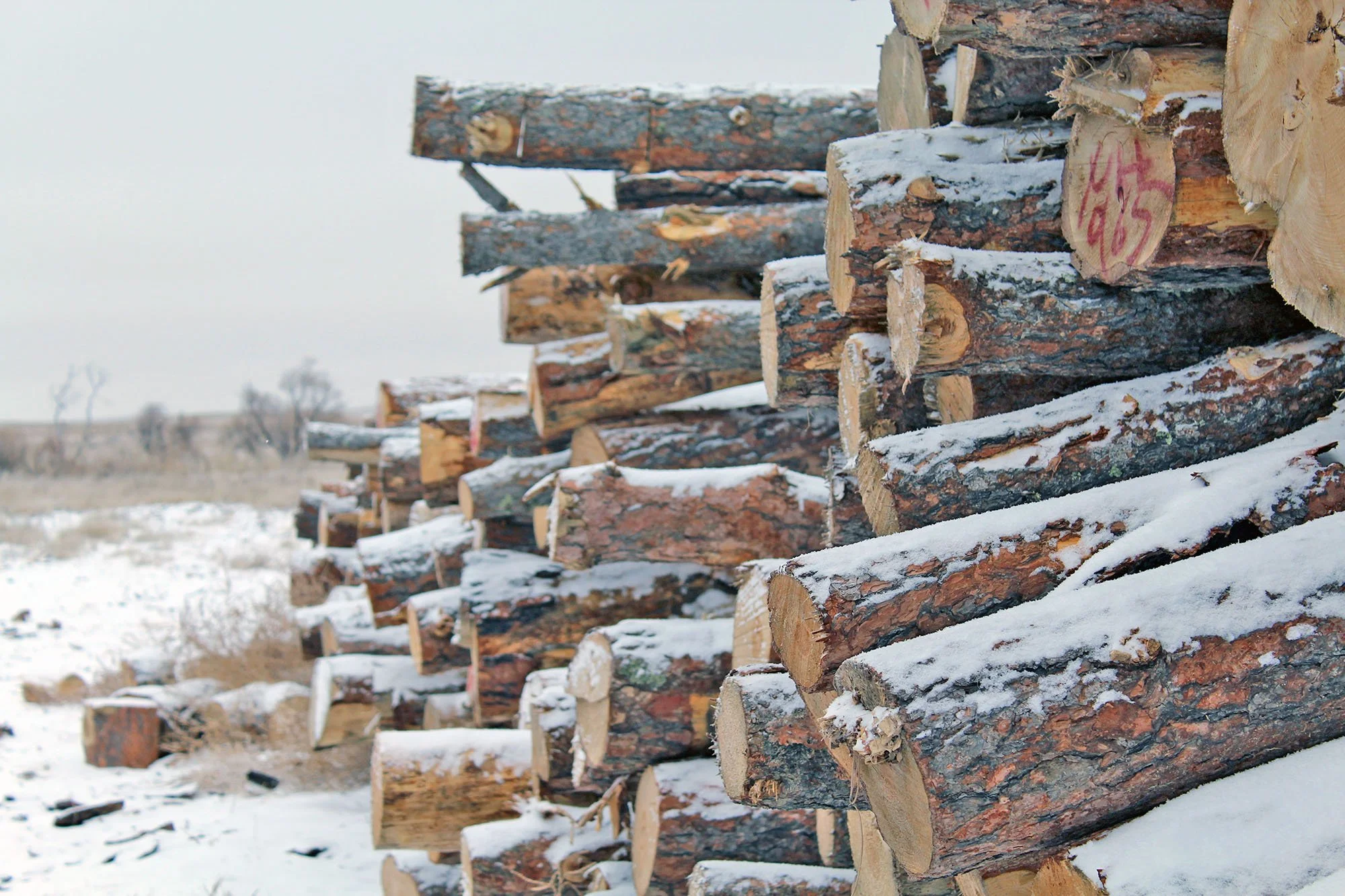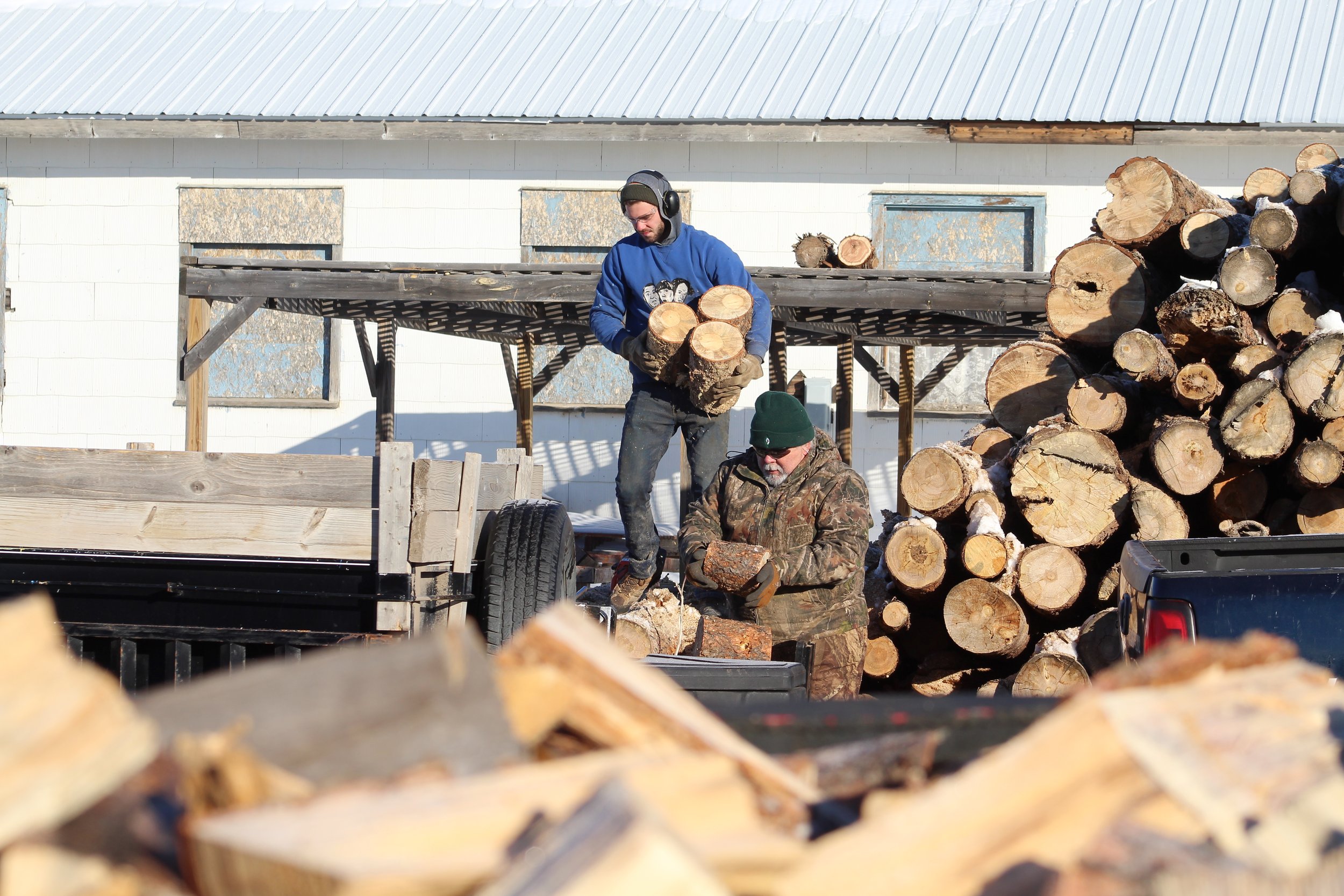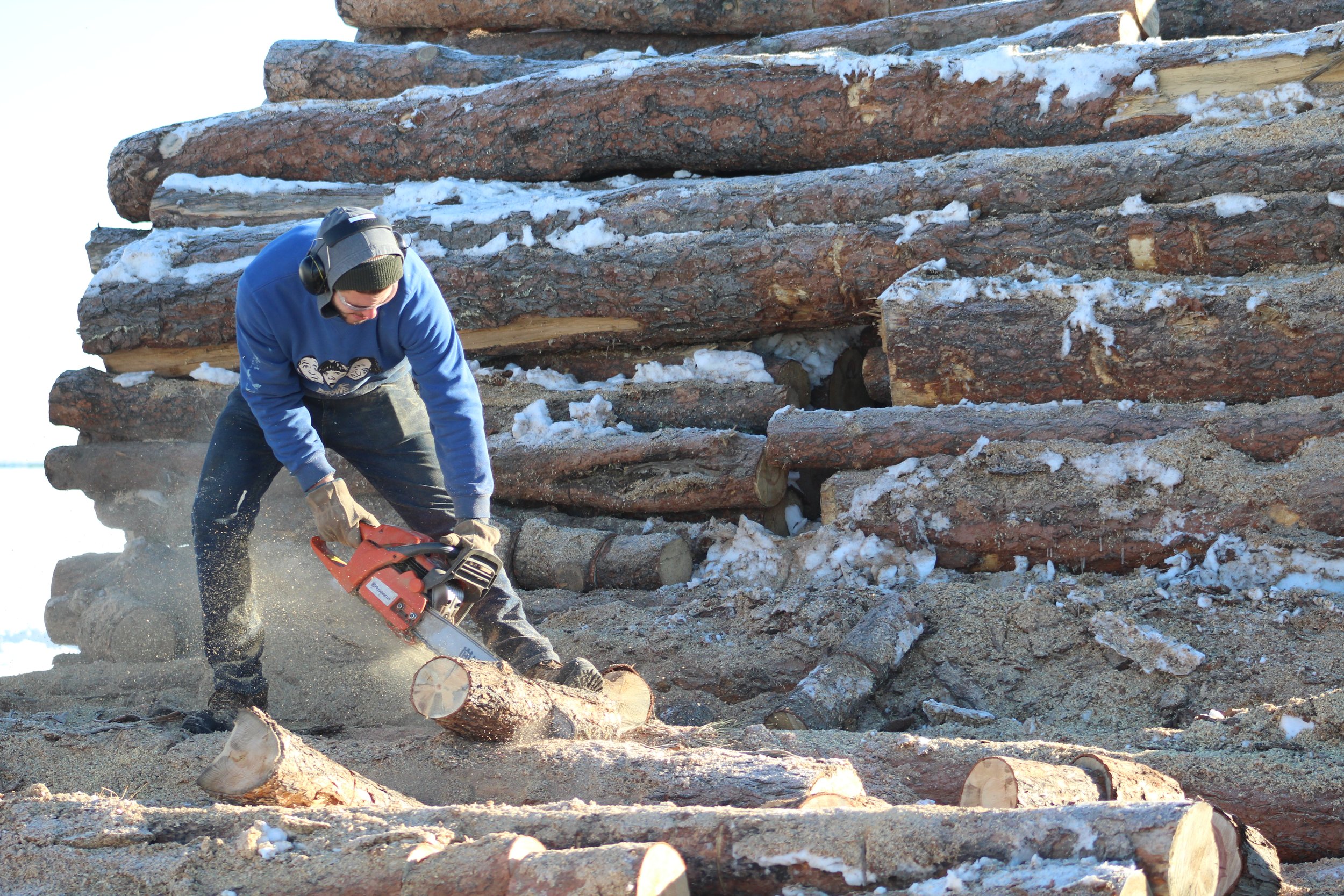The obligation to meet basic needs: Enough is enough
Monday is the 10th of the month. The day Supplemental Nutrition Assistance Program (SNAP) benefits are typically received by families here on the Pine Ridge Reservation and across South Dakota. As of Friday morning, the expectation was that benefits would be partially funded. By late afternoon the state’s Department of Social Services (DSS) announced full funding was expected. The evening brought word from the Supreme Court that a pause had been enacted. On Saturday, the state issued a short statement: “DSS awaits instruction from Food and Nutrition Services before resuming its implementation. The Department will provide updates as it receives them.”
Access to food assistance for the neediest Americans should not a partisan political issue. There should not be questions about how – or if – people will be able to get food on Monday.
There are hungry American citizens on the Pine Ridge Reservation every day. Feeding South Dakota says about three-in-ten households in Oglala Lakota county report being food insecure, meaning they lack consistent access to enough food for every person in their household to live an active, healthy life. As with most statistics on the reservation, the realities on the ground paint a picture that is far more dire than the official data.
Pine Ridge is a community with limited resources and without the support of programs such as SNAP, there are not many options. There simply are not enough public programs or private entities that can immediately backfill such a potential shortfall in the benefits families have grown accustomed to and rely on.
There is one full-service grocery store on the reservation. There are a couple of nonprofits operating small food banks and a few other entities that can pivot in a moment of need to supply some meals and resources (Re-Member would certainly be one). But there are tens of thousands of people living on the reservation. That’s a lot of meals. The simple truth is that a lack of government action will inform empty stomachs.
Putting people in that situation is not ok. It is not justifiable. The ease with which many political leaders feel comfortable letting such a potential crisis unfold is not only concerning, it is cruel and it is wrong. Leaders need to lead, not utilize suffering as a means of political leverage. And it’s just part of the story.
A LONG WINTER AHEAD
Tonight, the temperature on Pine Ridge will drop into the teens – and it will feel even colder when you add the wind. Tonight, there will be hundreds, if not thousands, of individuals across Pine Ridge who will be enduring those frigid lows without power or any means to heat their homes. This, quite frankly, is the annual reality for many who must survive winters in ways many across the country could not imagine.
Several weeks ago, the tribe’s Energy Office announced that they would be unable to open applications for the federally-funded Low Income Home Energy Assistance Program. In response, we began our winter heating assistance program earlier than we have in the past.






The response from the community has been overwhelming. We receive hundreds of calls requesting assistance daily and nearly the same number of bills are faxed into our office. Many of these bills and calls come from families who have been living without power for days, some for weeks. That means no heat, that means no refrigeration, that means spoiled food and missed meals.
It’s only going to get colder in the weeks and months ahead. Families across the reservation will fight an impossible battle to accumulate resources and pay for bills in a place that provides incredibly limited opportunities to do so. A place with no industry, few jobs and a historic backdrop that has informed incredible hardship. Many families are living in inefficient and “severely sub-standard” homes. Meaning they are ill equipped to keep heat in and cold out, leading to astronomical bills and charges many cannot hope to pay.
The heat stays on because the alternative is freezing. When the power goes out many turn to burning wood - if wood is available. When wood isn’t available, and when it’s cold enough – it can drop as low as 40 below zero on the high-plains of South Dakota - people burn what they can. That means trash, clothing, books, pallets, chairs, the kitchen table, a bed if necessary. When faced with the reality of freezing, you do what you need to do to survive.
WE INFORM WHAT HAPPENS NEXT
We get to decide what we accept as a society and what we do not. It is unacceptable that so many must continue to endure the unnecessary hardship that persists here on Pine Ridge and in too many places across the richest country in the history of humanity. I don’t have the answers, but I know we can be better.
We appreciate all those who continue to make our work possible and look forward to putting that support to work in the community.
